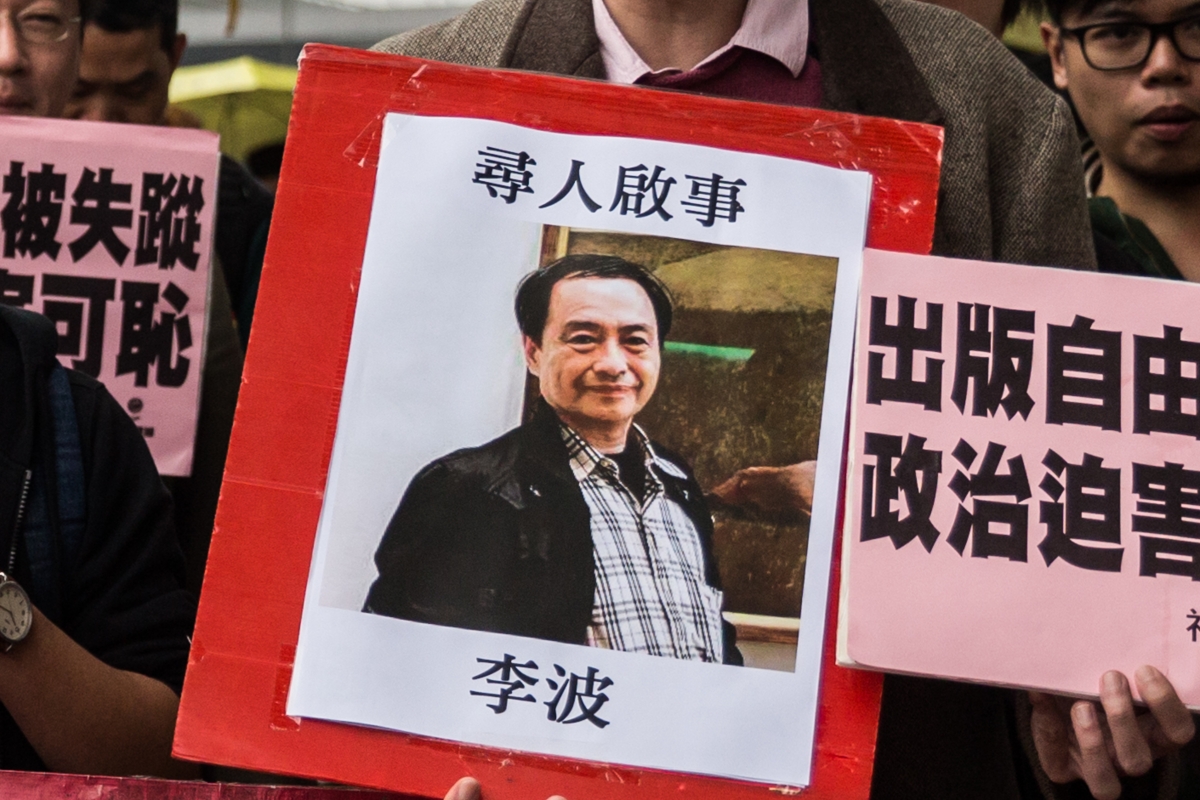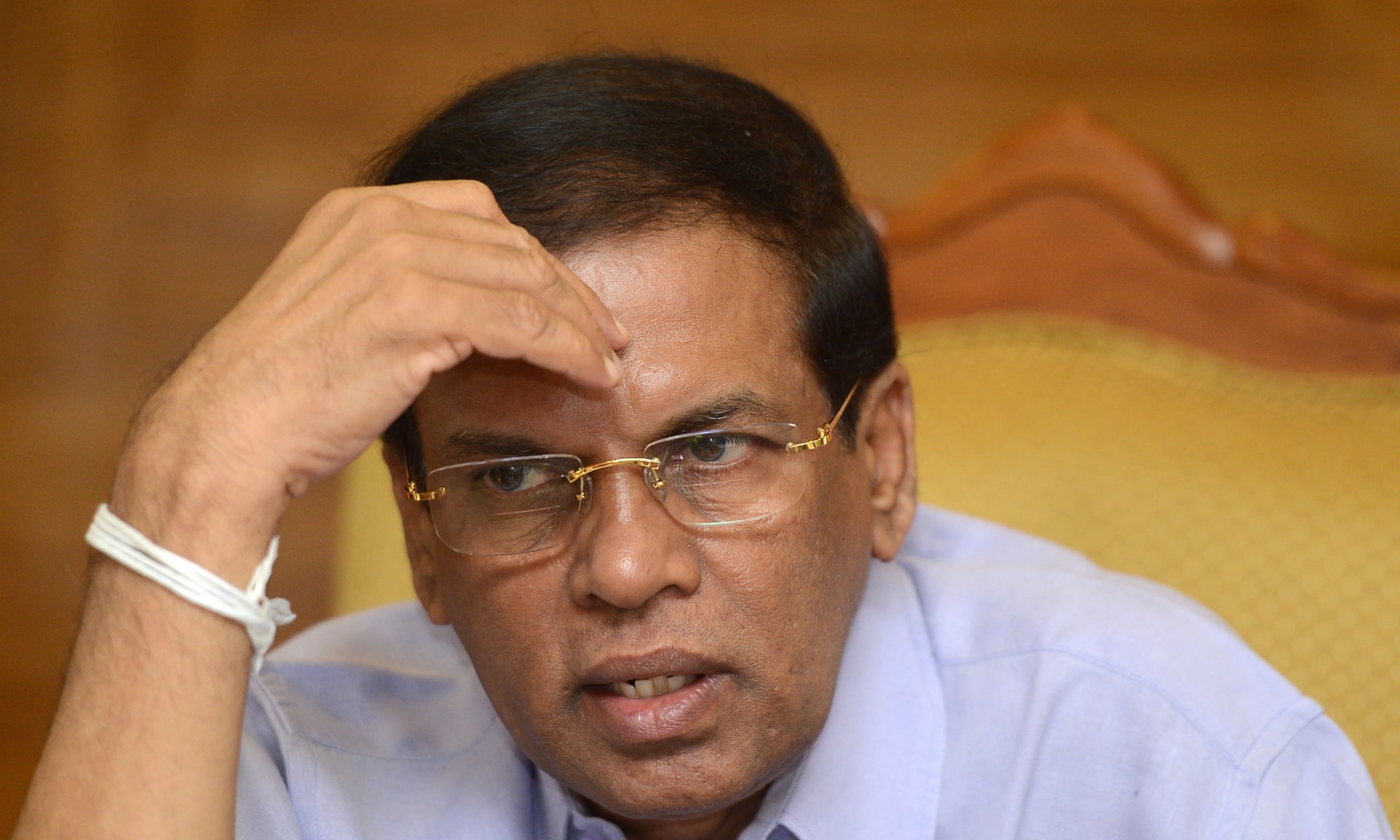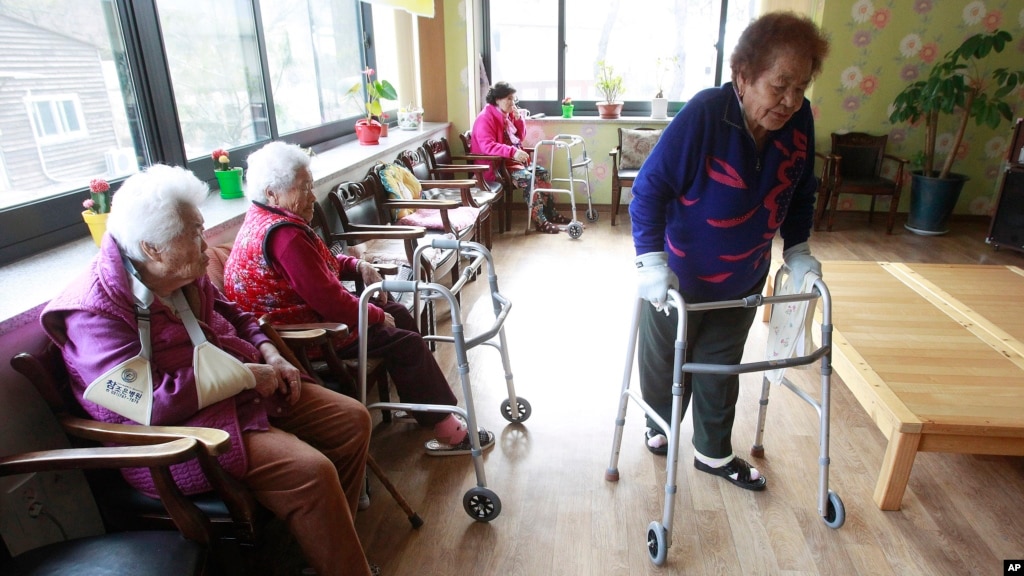By Christine Khamis
Impunity Watch Reporter, Asia
BEIJING, China –
Human rights lawyer Wang Yu and her husband were arrested this week based on charges of political subversion. Ms. Wang and her husband, Bao Longjun, were held in detention for six months before they were formally arrested. Members of their law firm were also detained.

The couple and other members of their law firm, Beijing Fengui Law Firm, were held in “designated residential surveillance” starting in July 2015. Designated residential surveillance allows authorities to place detainees in solitary confinement in secret locations for time periods lasting up to six months. The month after their release, Ms. Wang and Mr. Bao, along with others from their firm, were arrested and charged with subversion.
Ms. Wang has not been permitted to meet with her lawyer, Li Yuhan, since her detainment. According to Ms. Li, police denied her requests to meet with Ms. Wang seven times during the detainment.
Ms. Wang is charged with subversion of state power and “causing a disturbance”, while Mr. Bao is charged with inciting subversion of state power. Their charges could mean sentences ranging from 15 years to life in prison. Because the Communist Party controls China’s courts, the couple will likely be convicted at trial.
Ms. Wang has defended other human rights activists, including free speech advocate Wu Gan, women’s rights activist Li Tingting, and activist Cao Shunli. She has also represented Uighur scholar and alleged separatist Illham Tohti and victims of sexual harassment, forced evictions, and illegal jails.
Critics of the Communist Party often face subversion charges. Chinese authorities have also increasingly cracked down on human rights activists and lawyers since President Xi Jinping came into power in 2013. More than 130 lawyers were detained in July 2015 after they were accused of starting protests outside of courtrooms.
Chinese authorities also detained a Swedish man, Peter Jespin Dahlin, earlier this month based on suspicion of state subversion. Mr. Dahlin is a co-founder of the China Urgent Action Working Group, an organization that assists lawyers in providing services to victims of human rights violations.
For more information, please see:
Jurist – Prominent China Human Rights Lawyer Arrested for Political Subversion – 14 January 2016
The New York Times – China Arrests Rights Lawyer and Her Husband on Subversion Charges – 13 January 2016
Reuters – China Arrests Most Prominent Woman Rights Lawyer for Subversion – 13 January 2016
Voice of America – US Concerned About China Rights After Lawyers’ Arrest – 13 January 2016



